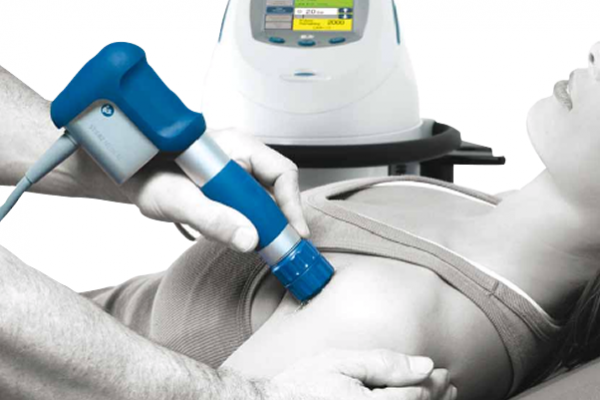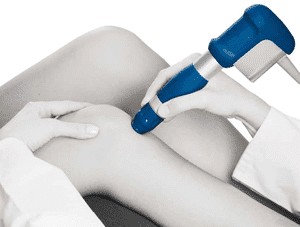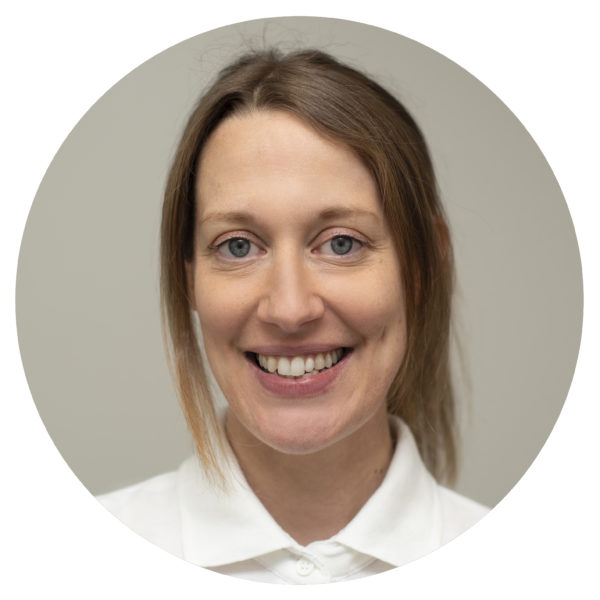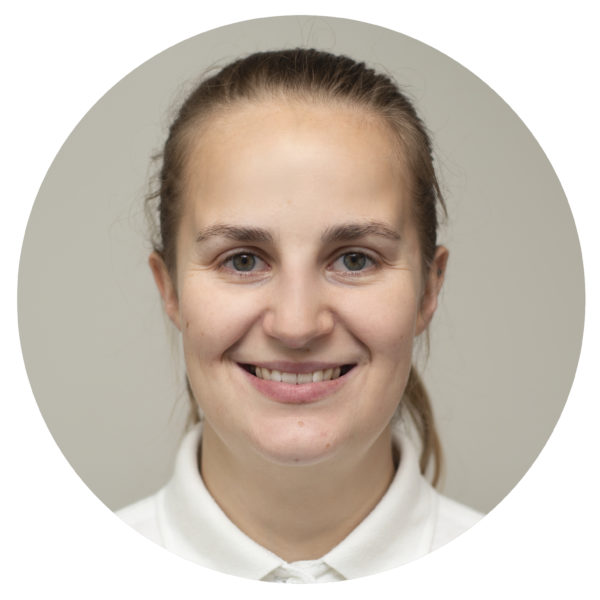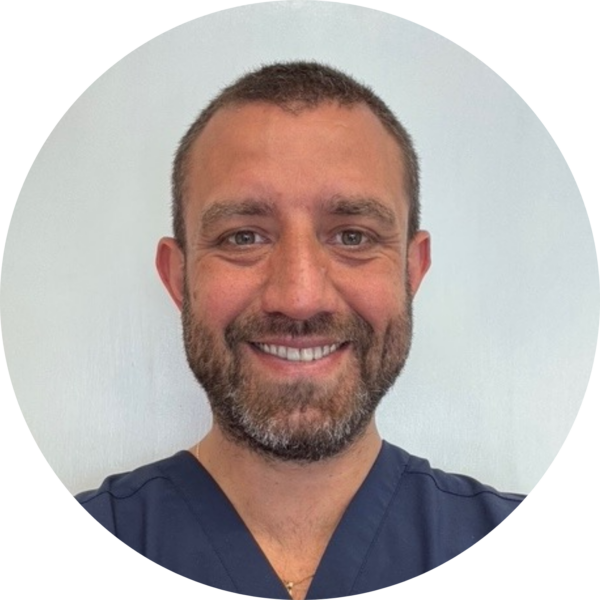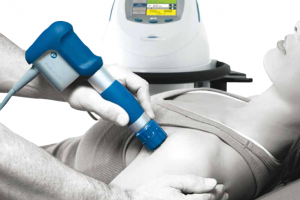
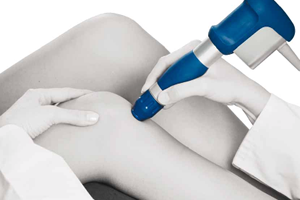

Shockwave Therapy at Physiocare
At our Twyford-based Physiotherapy practice, we offer Shockwave Therapy as a treatment solution for the rehabilitation of resistant musculo-skeletal problems.
Our clients in and around Reading, Berkshire can now benefit from this recognised and effective technology for the treatment of a range of conditions. Shockwave Therapy can provide relief and advanced recovery in situations where the healing process has stalled or failed to respond to standard therapeutic intervention.
Anyone who has suffered an injury knows that chronic pain can affect your quality of life, performance at work, enjoyment of regular exercise and ability to take part in sports. Shockwave is able to provide relief and healing even in chronic cases where the body has previously demonstrated an unwillingness or inability to do so by itself.
The use of Shockwave Therapy has been found to safely and successfully treat a range of musculoskeletal conditions, supported by a wealth of clinical experience and scientific evidence.
The benefits of Shockwave Therapy
- It is non-invasive
- No anaesthetic is required
- Treatment is fast
- There are fewer complications
- It is virtually painless after treatment
- Patients usually experience improved recover rates
- Restored mobility and quality of life
- Affordable therapy
But what exactly is Shockwave Therapy?
Shockwave Therapy treatment is a very successful second line treatment for patients who fail to respond to appropriate physiotherapy. It is a non-surgical treatment, and works by delivering impulses of energy, targeted to specific damaged tissues. This increases the blood flow within the affected area, stimulates cell regeneration and healing, and decreases local factors which can cause pain. More detailed information about Shockwave Therapy and the science behind it can be found on our Evidence page.
The effectiveness of the treatment for specific conditions has been reviewed accepted by both NICE (UK National Institute for Health and Clinical Excellence) and FDA (US Food and Drug Administration).
Frequently Asked Questions
Please don’t hesitate to get in touch if you have any further or more specific queries – our receptionists will be only to pleased to help!
How do I know if Shockwave might help me?
All new clients will require an initial clinical assessment with one of our physiotherapists. This will ensure that we have an accurate diagnosis, assess other contributory problems and develop a personal rehabilitation protocol. They will confirm your suitability for Shockwave therapy and authorise a treatment course which is conducted over three sessions.
How many Shockwave treatments will be needed?
Shockwave (RPW) therapy typically requires a course of three treatment sessions. A small minority of resistant cases may require up to 6 treatments. Each treatment session takes about 20 minutes. The session is then repeated at intervals of 5-10 days apart for optimal results. The procedure does not require any type of sedation or anaesthetic.
What happens during the shockwave therapy appointment?
The treatment areas are located and marked. Contact gel is applied to the skin, the transmitter is pressed on to the affected area and the shockwaves are delivered through the skin.
The shockwaves are felt as pulses which are a little uncomfortable but not painful. The physician applying your treatment will start with a low level of intensity and increase this to a point where you feel comfortable.
How quickly will I see results?
Many patients experience an improvement in symptoms almost immediately following treatment. This effect is usually (but not always) temporary, and is associated with the analgesic effect resulting from hyper-stimulation of the tissue by Shockwave therapy.
It takes several days for injuries to begin to heal, and many patients see an improvement before the end of the second week. Depending on the diagnosis, the healing process may take several weeks or even months to be completed, but pain relief often precedes complete healing. While we expect a positive clinical outcome it is possible that this treatment may not improve your symptoms.
The use of Shockwave therapy will be undertaken within a personalised treatment plan organised at your initial assessment. You will benefit from undertaking the activity recommendations and rehabilitation advice & exercises during and after completion of your course of Shockwave therapy.
Are there any side effects from treatment?
Shockwave therapy has no long term side-effects. While some short-term discomfort is felt during the treatment and tingling or numbness over the treatment area of treatment, most people can return to their regular activities almost immediately, although some may need to avoid heavy strenuous activities for a day or two.
Minor side effects may occur following treatment sessions. There may be a transient reddening, bruising or swelling of the area and some patients experience a brief increase in pain. These generally subsided after 5-10 days.
Anti-inflammatory medication should not be used immediately before or for the duration of the treatment course.
When do we NOT recommend Shockwave Therapy?
There are a number of scenarios where Physiocare will not recommend Shockwave Therapy.
Typically Shockwave therapy is not used in the presence of bone tumours, certain metabolic bone conditions, and certain nerve or circulation disorders. Shockwave therapy is also not used in pregnant patients and at locations where there is an open growth plate.
It is currently not used in areas where an infection is present. It also should not be used in conditions or at locations where gas or air is present in the body.
On the basis of the patient’s general condition, the experienced, trained Physiocare medical user in charge must decide whether the planned use is possible or not. You should notify your therapist if you have concerns regarding any of the following conditions;
- Coagulation disorders
- Use of anticoagulants
- Thrombosis
- Malignancy
- Pregnancy
- Polyneuropathy (in the case of DM)
- Acute local infection
- Active growth plates (adolescents)
- Cortisone therapy up to six weeks before first treatment in the target area
- Implanted cardiac stents and heart valves
- Joint replacements
If you are unsure whether Shockwave therapy is suitable for you, please contact us to discuss further.
What evidence is there to support the use of Shockwave Therapy?
The use of Shockwave Therapy has been found to safely and successfully treat a range of musculoskeletal conditions, supported by a wealth of clinical experience and scientific evidence. More details can be found on our Shockwave Therapy Evidence page here.
How much does Shockwave Therapy cost?
Full pricing details can be found on our Shockwave Therapy product page here, where you can make your purchase directly online if you wish.
Book your Shockwave Therapy online today, or call 0118 934 4055 BOOK ONLINE




